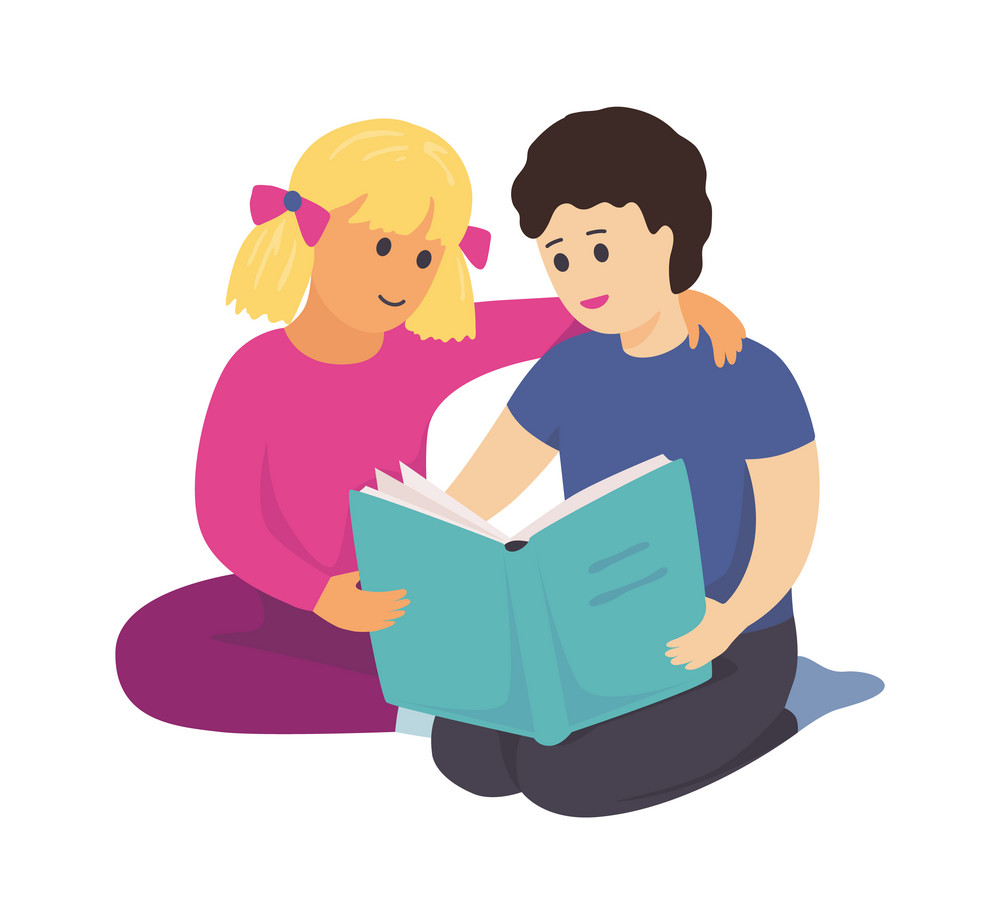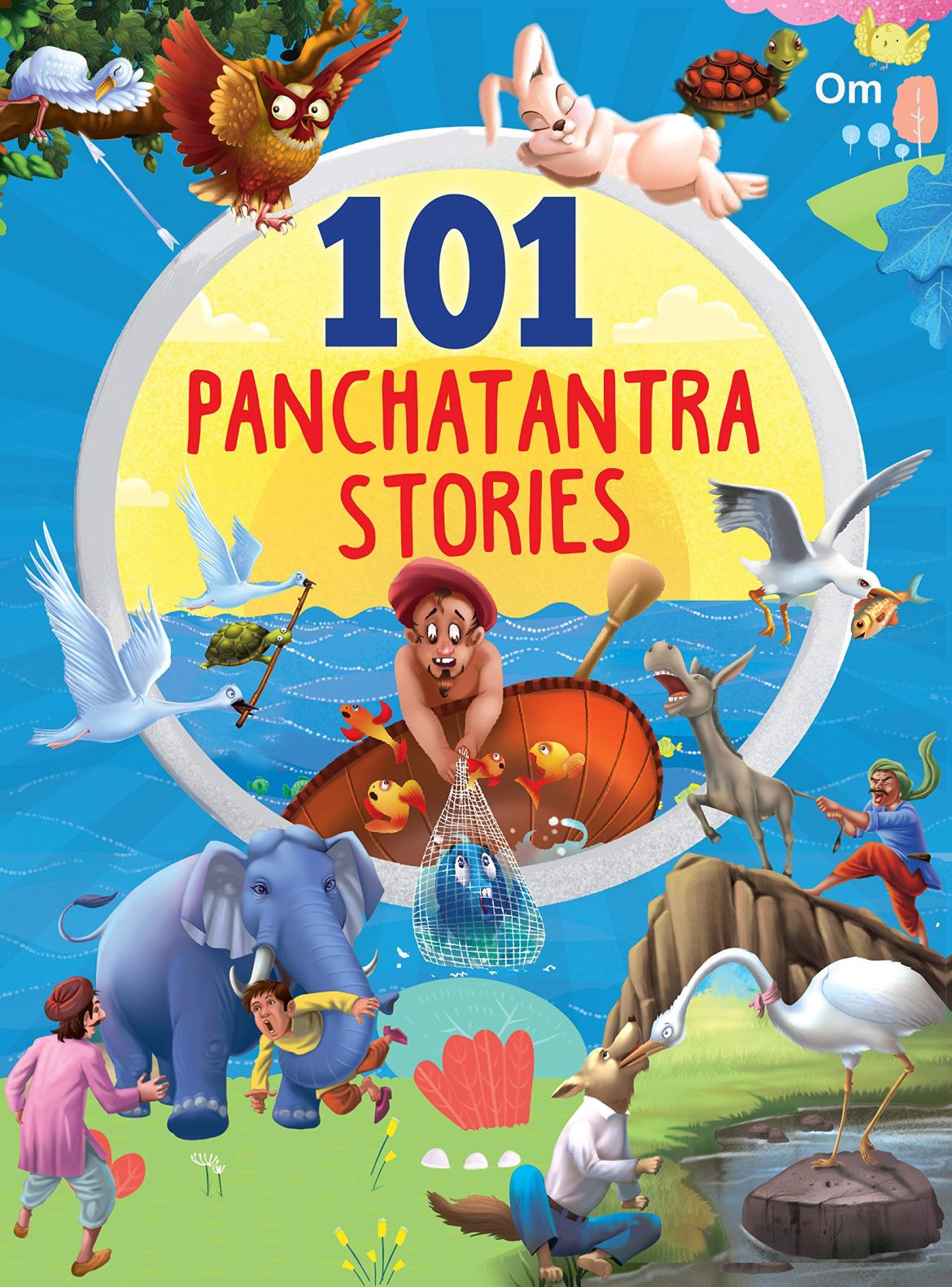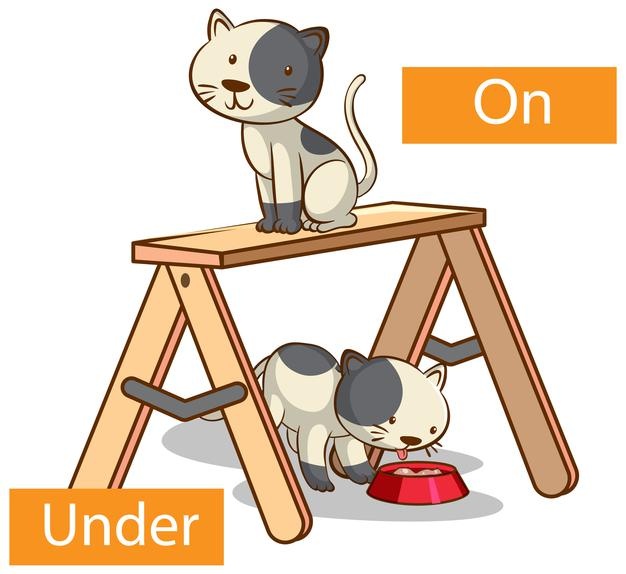Recycling | Educational Videos
Hello welcome boys and girls , how are you doing lil kiddos?
Today we will discuss the very interesting topic of recycling.
You've probably heard someone like your parents or your teacher explaining the importance of recycling. You most definitely have seen the green or blue recycling containers with the three arrows on the side. But, what exactly is recycling?
Recycling is the process of taking materials ready to be thrown away and converting (changing) them into reusable materials. This is important to reducing trash in the world's landfills, which pollute Earth's soil, water, and air.
Recycling also helps preserve natural resources, or materials that occur naturally and are used to make products - like when we use trees to make paper. When we don't recycle and reuse, we risk depleting (using up) our natural resources.
So Why Recycle?
Recycling is vital for many reasons that affect the future of all children. Today, more than 100 million Americans recycle. It is an easy way to protect the environment and stimulate the national economy. When you finish a bottle of water or a box of cereal, it is important to remember to recycle for these reasons:
- Save our natural resources and wildlife. Recycling helps to reduce the garbage in landfills that can take hundreds of years to break down. It also helps to preserve trees by reducing the need for new paper. If we do more to preserve natural resources, we also help to support wildlife for us to enjoy throughout our lives.
- Saves money. Selling materials that are recycled offsets the additional costs of processing and collecting the recycled materials. This makes it a cheaper option for most American communities.
- Reduces pollution. Using recycled materials rather than taking virgin materials for new products avoids environmental harm. It avoids new mining for metals, drilling for oil and the mass harvesting of trees. Using recycled white paper creates 75% less air pollution and 35% less water pollution than making new paper. Using recycled cans produces 95% less air and 97% less water pollution.
- Save energy. The US recycles approximately 30% of its waste every year. This saves 12 billion gallons of gasoline and reduces greenhouse gases equal to removing 25 million cars from our roads. Recycling helps companies to reduce energy consumption because they do not have to produce new products from raw materials. They can repurpose all types of recycled goods, including newspapers, magazines, plastic bottles, cans, milk jugs, boxes and much more.
- Reduce landfill waste. When the garbage truck comes to your neighbourhood to pick up the garbage, they take it to the landfill. Landfills over time fill up and can harm the environment.
- Creates jobs. For every one job at a landfill or incinerator, there are 10 jobs in recycling and 25 in manufacturing based upon recycling. Did you know that the recycling industry has more work than the US auto industry?
How Are Things Recycled?
There are many processes used today to recycle all types of waste. Below is more information about how specific types are recycled every day.
E-Waste (Electronics and Computers)
One of the most commonly recycled electronics is old computers. Charities such as Goodwill accept things such as used hard drives, computers, monitors and printers. Equipment that is no longer functional is taken apart, and the glass, metal and plastic are recycled at local recycling facilities.
But equipment that can be reused is refurbished and resold at various Goodwill stores around the country.
Fun fact about recycling electronics: Electronic waste, called e-waste, is only 2% of American trash, but it is 70% of our toxic waste! Recycling computers and other electronics is great for the planet!
Paper (Magazines and Newspapers)
Used magazines and newspapers are collected at paper recycling points and are taken to the paper mill. White paper, such as from offices, also is collected but this is a different type of paper and is recycled separately.
At the paper mill, big conveyor belts feed used paper into the fibre preparation plant where it is fed into giant pulpers. Water and chemicals are mixed with the old paper and made into pulp. This washes out the ink and other contaminants from the paper. The result is a soggy, mushy paper called pulp.
The pulp is injected between wire mesh sheets to form a wet sheet of paper. This is dried and new paper is made out of recycled paper. After it is dry, the paper is polished and rolled into big reels. Some of these are 30 feet wide and weigh up to 30 tons! The paper reels are cut into small sizes and sold to companies that need paper for their products.
Fun facts about paper recycling: It takes 17 trees to make one ton of paper! Some paper grades can be recycled seven times.
Plastic (Bottles & Bags)
Plastic bottles to be recycled are collected from recycling points and from the recycling bins in your neighbourhood. The bottles are taken away in big trucks to be sorted and smashed into big plastic blocks.
The blocks can be many feet across and are taken to a recycling factor. They are chopped into small plastic flakes – think small, colourful corn flakes. The flakes are washed and dried and taken to be melted and made into new plastic items.
Fun facts about plastic recycling: A plastic bottle recycled can save as much energy as it takes to light a 60 watt bulb for six hours! Also, old plastic bottles can be turned into new products such as car parts, carpeting and clothes.
Glass (Bottles)
Glass is especially important to recycle because it will never decompose in landfills. Here’s how it can be recycled:
Glass bottles are thrown into recycling bins, and the glass is picked up in trucks and taken to a glass treatment facility. The glass is hand sorted by colour and washed to get rid of contaminants. The glass bottles are crushed and melted and moulded into new jars and bottles.
The glass is sent back to stores in new products to be used again.
Fun facts about glass recycling: Glass does not degrade through recycling, so it can be used endlessly. Also, old glass bottles can be used for new products such as bricks and for many decorative uses.
Aluminium Cans
Consumers throw aluminium cans into recycling bins. The aluminium is collected in trucks and taken to a special aluminium treatment plant. The aluminium cans and other items are sorted and cleaned. It is remelted and turned into liquid aluminium. This removes the colorings and coatings.
The aluminium is made into giant blocks called ingots. Each ingot has about 1.6 million aluminium drink cans in it. The ingots are shipped to mills where they are rolled out; this provides the aluminium with more strength and flexibility. The recycled aluminium sheets are then fashioned into new containers, such as cans, food packaging and chocolate wrappers.
In just a few weeks the recycled aluminium products are back in stores and ready to be sold again.
Fun fact about aluminium recycling: Most of the bauxite used to make aluminium cans is mined in tropical forests. So recycling aluminium saves our precious rainforests!
Cardboard (Packaging)
Used cardboard is picked up from community recycling centres, offices, stores and factories. All cardboard is sent to a waste cardboard company that puts it into large bails to transport it to the paper mill. At the mill, a forklift picks up the bales and puts them onto a conveyor. It is sent to the pulping machine.
In the pulper, water anc chemicals are added to make a mushy, soggy pulp. The pulp is purified and cleaned, ink removed and dried into flat rolls of paper.
The big rolls of newspaper are cut into smaller rolls and sold to customers that will make them into all kinds of cardboard for packaging, containers and boxes.
Did you understand kids?
See you next time!
Till then take care and bye.

















































